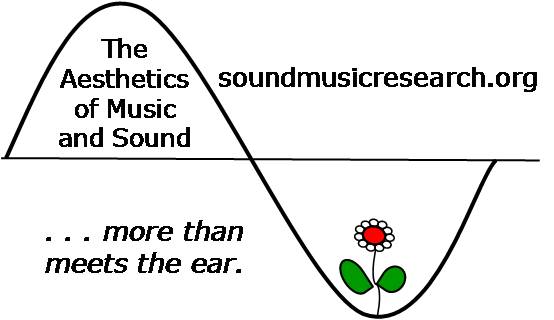|
Project Descriptions

3. Learning through Music
b) Children's Knowledge Creation with Intelligent Agents in Music Education - Understanding for Optimizing Motivations
Learning is often considered by the child not as learning in formal sense, but as play, curiosity or exploration. The question is how and why this “joy of learning” emerges.
The need to investigate what happens when children interact with Virtual Reality (real-time interactive audiovisual) environments - where children through action and interaction can create and explore feedback, is central both in order to understand how the child's learning is evoked and how knowledge is communicated between child, artifact, and the environment. Furthermore, there is a need for deeper knowledge about the collaborative processes and intelligent forms of representations, which can bring VR as a pedagogical tool in education closer to children's curiosity and need to experiment and be challenged under the context of play. The aim of the project is partly to understand learning built upon children's communication (via action and interaction) with intelligent agents as guides in a VR environment. This knowledge can result in both pedagogical and technological development of the tools that children need as a resource in order to handle VR environments. The hypothesis is that characteristics of interaction with intelligent agents will stimulate children to new creative expression potentials and subsequently offer new opportunities for augmented communication and collaborative learning (scaffolding). The project will use VR environment for music education aiming at supporting children's non-formal learning in the ages between 6-10 years of age.
(Eva Petersson, Tony Brooks, Kristoffer Jensen)

(Click here to return to Projects page.)
|
|

Institute for the Study of Culture
Institut for Kulturvidenskaber (IKV)
Research Director for
The Aesthetics of
Music and Sound
and
Editor and Webmaster for
www.soundmusicresearch.org:
Cynthia M. Grund
cmgrund@sdu.dk

Projects
(For descriptions, please click on the tabs at the top of the page.)
1.Understanding Music through Modern Technology
a) Recognizing Music
b) Recognition of Expressive Styles in Music Performance
c) Autonomous Agents – An Accompanist in VR
d) The Composition and Its Role in the Ensemble
2. Intermediality
a) Intermediality
b) Lyric and Meaning in Music
c) Towards an Aesthetic Theory of Correlativity
d) Are Treatments of the Metaphysics of Music in Medieval Literature Relevant for Current Theories of Musical Meaning and Significance?
3. Learning through Music
a) Music Communication
b) Children's Knowledge Creation with Intelligent Agents in Music Education - Understanding for Optimizing Motivations
c) Adaptable Interfaces & Augmented Avatar - Introducing Tools for the Disabled and Musicians in VR
d) Community Singing and/or Ideology
e) Creating Creativity
f) Understanding Musical Creativity and Aesthetics in a Digital-Based Youth Cultural Context
g) The Sound of Movement - the Sound of Learning
4. Practice-based Research
a) Analysis and Implementation of Practice-Based Research
b) Relationship of Gesture to Communicative Authenticity in Performance
c) Musical Implications of the Work of Selected Philosophers
d) Employing the Methods of Discourse Narrative to Support Interpretive Choices Faced by the Practicing Musician
e) Soundmapping the Genes
f) A Program of Practice-based Research Designed to Examine Listener Reaction to Olivier Messiaens Vingt Regards sur l'Enfant Jesus
g) The Interrelationship of Notation and Performance
h) Technological and Aesthetic Investigations of the Physical Movements of Pianists
5. Selective Bibliography

| |